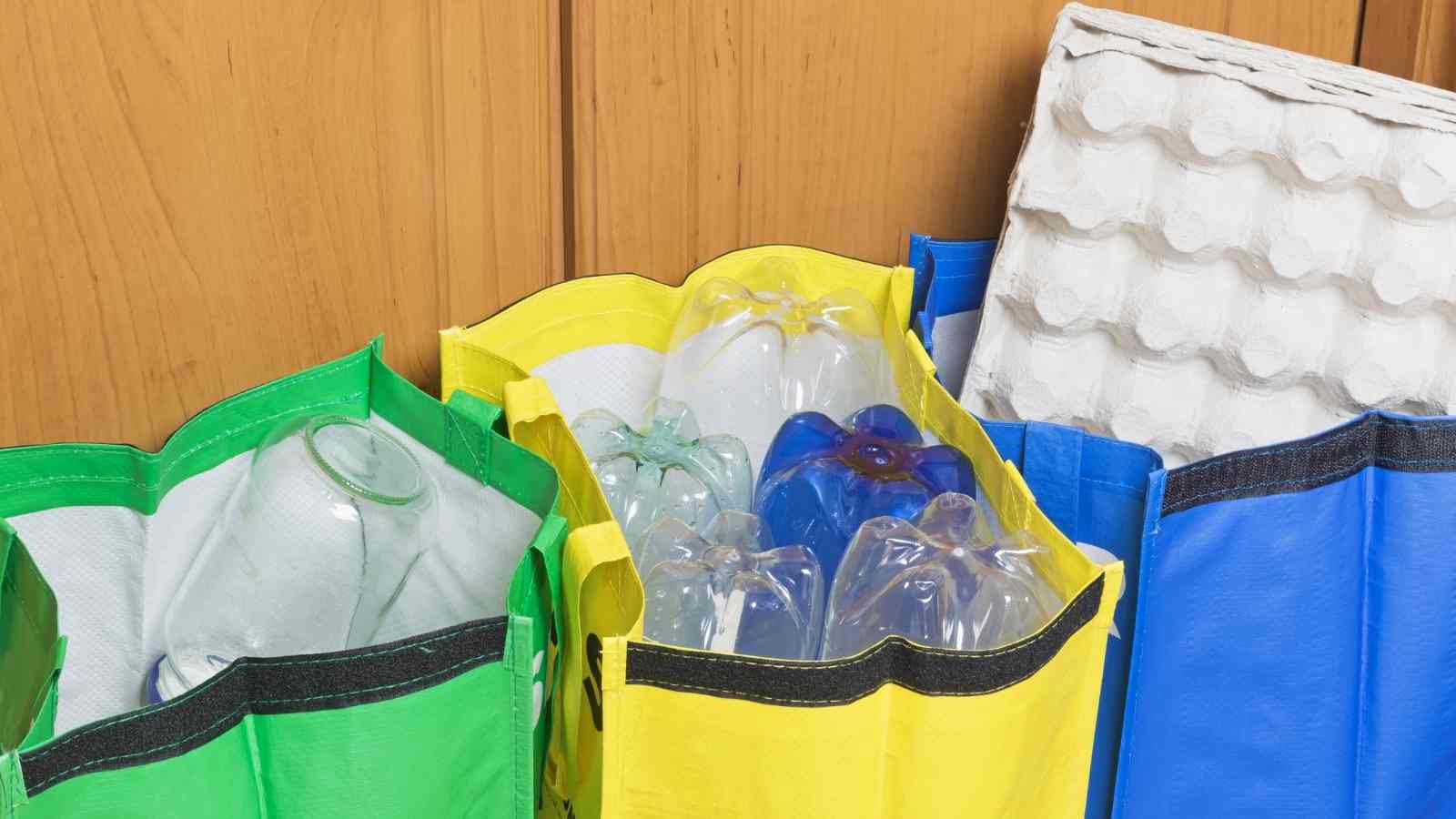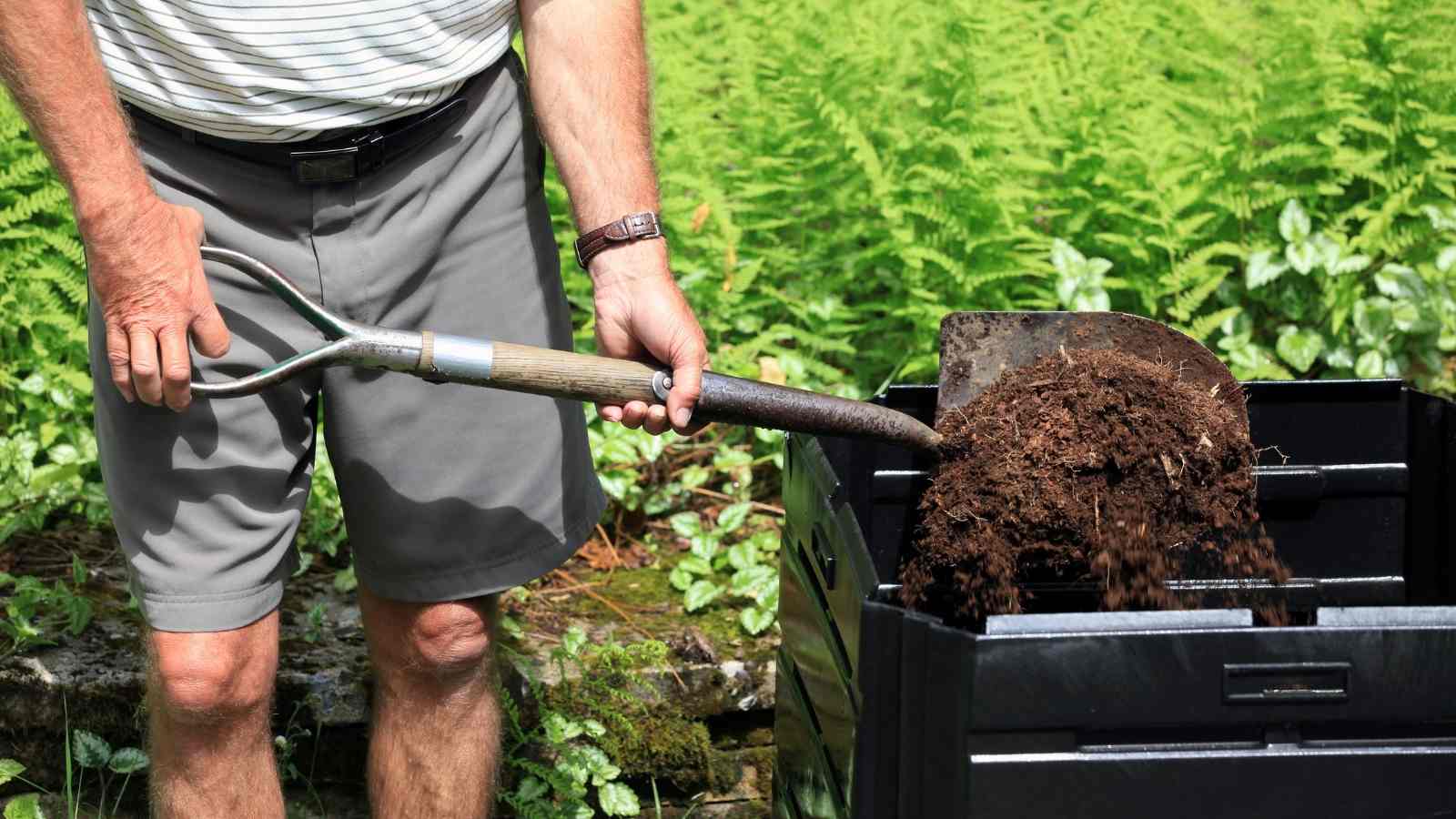activities may generate garbage with similar qualities, which can be processed and disposed of similarly to home waste.
If garbage isn't adequately segregated, it all ends up in landfills. While domestic waste is unlikely to contain such high levels of germs, it can pose a threat to public health by attracting flies, mosquitoes, and rodents. This may contribute to the spread of diarrheal diseases like yellow fever, bubonic plague, and dengue fever among others.
Much worst, if there's one thing that most households have in common, it's the collection of household hazardous waste. Suppose you're certain to have cans of old paint, old batteries, tins of gasoline, and other such items in your home that are just not recyclable. In that case, it's time to follow these creative ways to manage your household waste.

Proper Segregation
With a proper environmental recycling service, you can segregate dry and wet waste, which lays the way for various waste management concepts such as composting, recycling, and incineration. Don't simply combine all of your garbage.
Fruit and vegetable peels, tea bags, and leftover food constitute a wet waste. Dry garbage contains wood, metal, glass, and other similar materials. Dry garbage is often disposed of in landfills, but damp waste can be recycled into your compost container. Waste segregation is critical for the environment. For items you want to get rid of, you can contact waste removal services such as Dirt Cheap Rubbish Removal.
Make provisions for the disposal of moist and dry garbage separately, such as:
- For kitchen waste, maintain a drum, container, or bin for such trash to be deposited to be turned into nutrient-dense organic compost.
- You can submit your dry garbage and receive something in exchange with local scrap dealers, recycling centers, and municipal organizations.
- Burn the sanitary wastes to prevent illnesses.
- You can use various public drop-off locations and recycling centers. Also, you can trade your electronic waste.
Plastic Waste Reduction And Recycling
Plastic waste management can be challenging due to its non-recyclability. This is the main reason to avoid plastic bags. When you go grocery shopping, bring your bag. Additionally, avoid storing household items in plastic containers. Glass can be used to store things. It's more beneficial to your family and the environment.
In addition, here are some creative items you can create when you recycle your plastics at home:
- Soda bottle sprinkler
- Plant holder
- Watering can
- Wall hanging bottle garden
- Charging dock
- Bird feeders
- Kitchen containers
Due to its pervasiveness, many would find it difficult to give up plastic. Thus, reducing or recycling plastic needs a change in habits and a shift in mentality.
Home Composting
A countertop composter is a convenient way to store compostable food wastes for use in your vegetable garden later. Composting at home doesn't require a large amount of area. This can be accomplished on the terrace, balcony, or even in the kitchen sink. Various goods are available online for this purpose, ranging from bio bins to compact eco bins.
Assuming your kitchen trash has been separated, utilizing a bucket or earthenware pot is the first step. To prevent leakage, place old newspapers beneath the compost bin. Drill tiny ventilation holes all around it. At the bottom of the container, layer soil.

Then, alternate layers of kitchen wet trash (fruit and vegetable peels) and dry waste (sawdust, dried leaves, and paper scraps). Add semi-composted dirt to expedite the process. Every few days, toss the pile to allow air to circulate—this aids in the breakdown.
Donate
Ensure that you donate items that are still in good shape but are no longer helpful to you. Numerous schools, orphanages, and shelters accept donations of gently used blankets, pencils, books, clothing, and shoes. Avoid hoarding goods in your home. It contributes to clutter and makes trash management extremely difficult.
Reuse Papers
Learn to maximize using a piece of paper, recycle paper for household things, or create crafts out of wasted paper to green your routine. The good news is that there are numerous ways to reuse paper before recycling it.
- Scratch paper
- Pet cage liner
- Doodle pad
- Origami
- Woven basket
- Wall art
- Paper mache
- Gift wrap
- Packing materials
- Paper dolls
- Seedling pots
Don't forget to cut down on paper use in your family by opting out of junk mail and switching to paperless billing if your location enables it. If you subscribe to magazines, consider offering them to a friend who might enjoy them before tossing them in the recycling bin. Donate or sell your secondhand books.
Conclusion
Waste management can't be accomplished without the assistance of ordinary citizens who change their waste management practices at home. While it's true that business trash adds to the overall waste problem, individuals may begin reducing their waste right in their own homes. It may require intentional lifestyle adjustments and creative ways to manage household waste.
